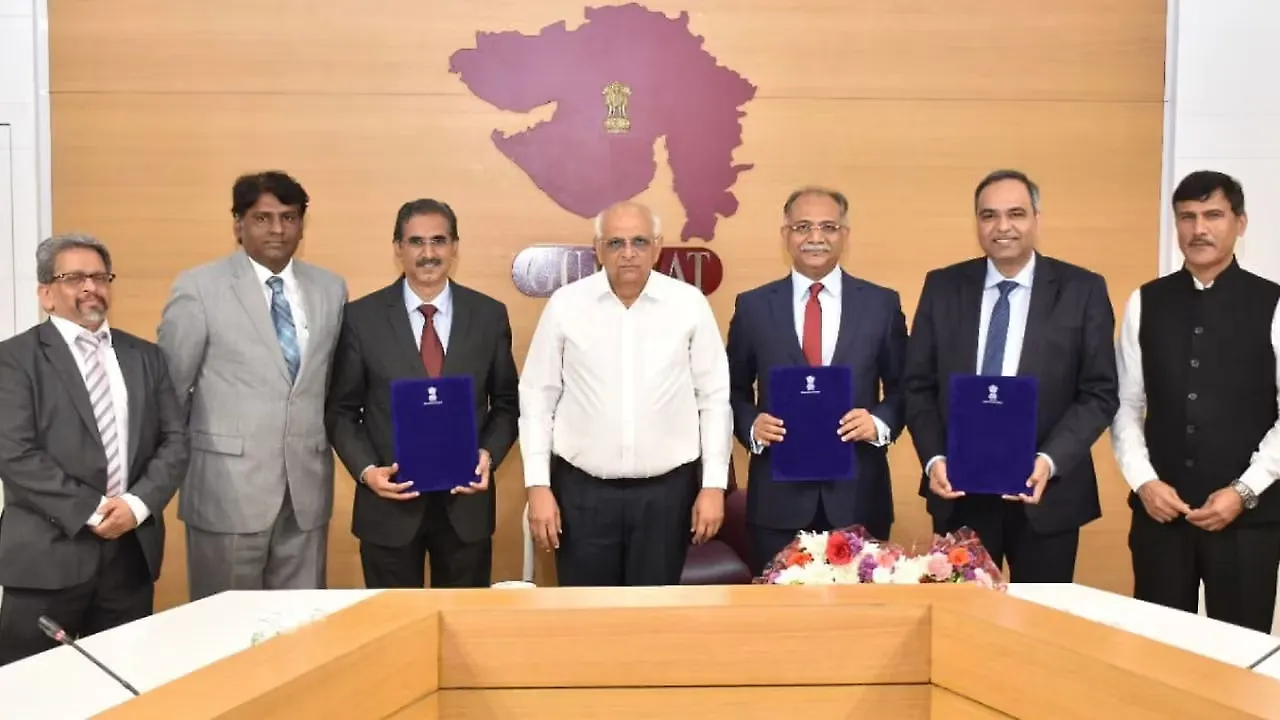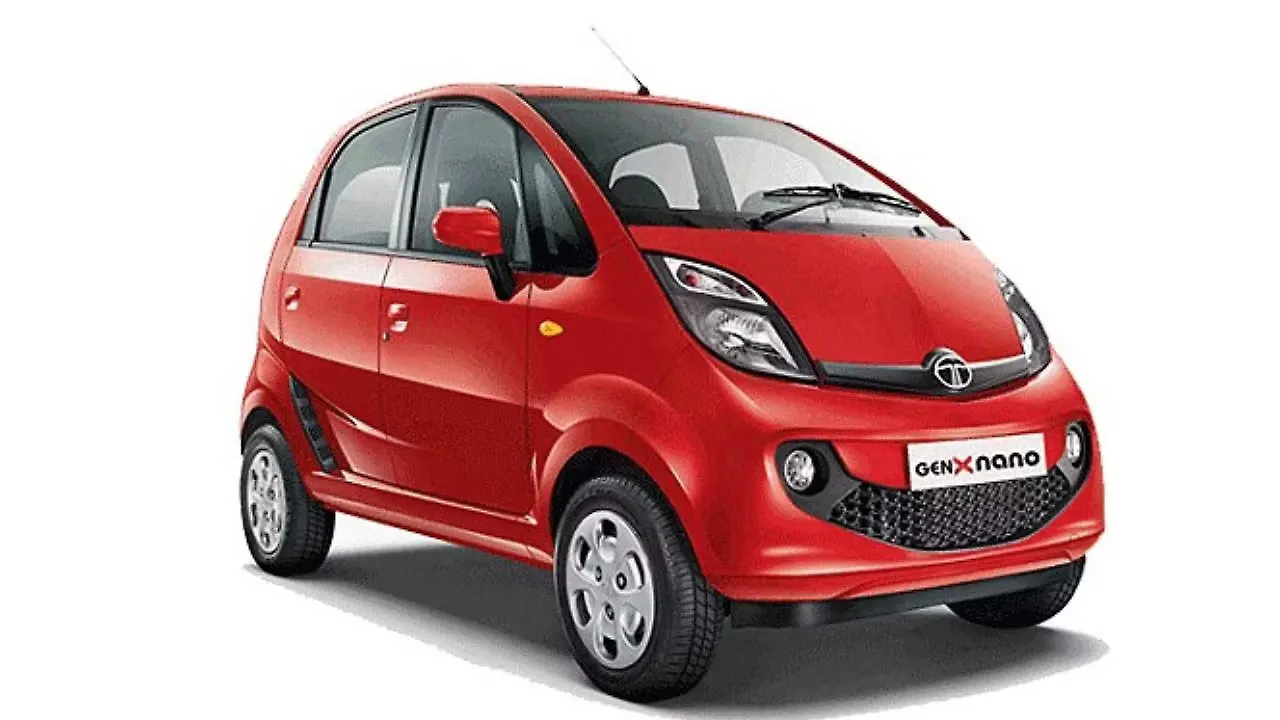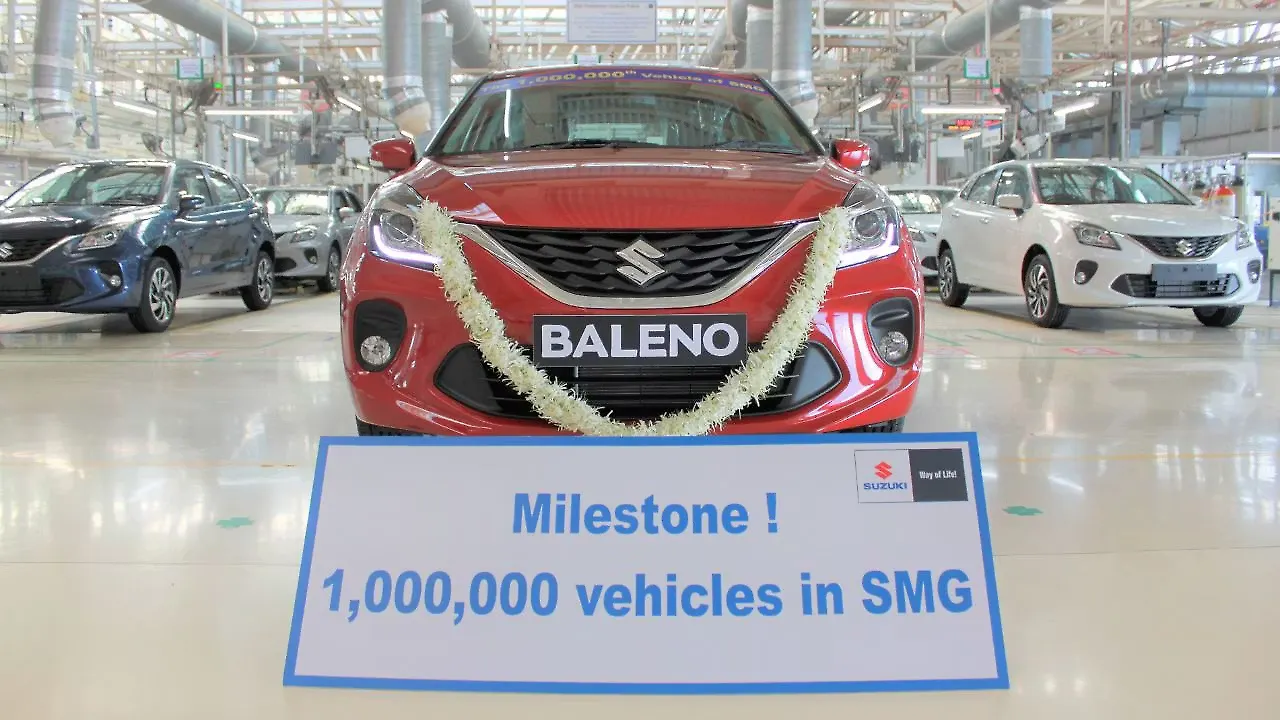
Maharashtra could be still smarting from losing out on the Vedanta-Foxconn project to Gujarat but there is nothing much it can do about it.
Perhaps this was indeed a case of politics prevailing over economics, especially with the Gujarat assembly elections scheduled to be held later this year. The State Government will be keen to tell voters what it has achieved and what better than a prestigious semiconductor project that promises a whole lot of jobs in these challenging times.
Beyond this, Gujarat has also successfully executed the sale of the Ford plant at Sanand to Tata Motors a few months ago. Compare this to Maharashtra where the General Motors facility at Talegaon near Pune is still up against a labour issue.
Great Wall Motors of China had announced its intent to buy out the plant in early 2020 but then came the pandemic followed by the Chinese army occupying Indian territory at Ladakh and everything came to a standstill.
Great Wall has now shelved its plans to acquire the GM plant, as Changan Automobiles did earlier, thanks to the political standoff between India and China. It now remains to be seen what will happen in the coming months and the Maharashtra government will be hoping that the labour situation at Talegaon does not get out of control.
Likewise, in Tamil Nadu, no buyers queued up for the Ford facility near Chennai even while speculation was rife that the likes of Hyundai and Ola Electric were exploring the option of taking it over. Nothing has finally materialised since the time Ford announced in September last year that it was shutting down manufacturing operations in India.
While a solution has been found for Sanand in the form of Tata Motors, the American automaker has reached a settlement with the Chennai Union for a separation package after months of tough negotiations. If everything goes according to plan, the Maraimalai Nagar facility will be emptied out by the end of this calendar.
Whether a knight in shining armour steps into the picture subsequently is the million dollar question and this is where the Tamil Nadu government will have to do its bit in wooing potential buyers.

Gujarat, The Differentiator
By the end of the day, Gujarat had pulled it off both in the case of Ford and, more recently, Vedanta-Foxconn which had its neighbouring state, Maharashtra, completely flummoxed and later fuming about alleged political pressure.
“Gujarat has been outstanding in capturing large projects. Maharashtra needs to introspect and figure out what went wrong. There is plenty Maharashtra can do at the local level to become more competitive,” a senior auto industry executive told Mobility Outlook.
There is some truth to this statement given that earlier this year, Suzuki Motor Corporation announced that it would invest over INR 10,400 crore for manufacturing electric vehicles and batteries in Gujarat. As another auto sector official said, “It is that sense of urgency and determination which differentiates Gujarat from the rest. This explains why it has been able to attract such big automotive brands over the years.”
The momentum truly took off nearly 15 years ago when Tata Motors decided to pull out of West Bengal for its Nano project, which had earlier been earmarked for production at Singur. Following huge protests at the site, the company announced that it was now calling it a day and this was when Gujarat quickly got into the act.
Prime Minister, Narendra Modi, was then the Chief Minister of the State and his bureaucracy went into overdrive ensuring a red carpet welcome for Tata Motors at its new home in Sanand. Till then, the only other prominent auto brand in Gujarat was GM with its plant at Halol, but the arrival of the Nano changed the dynamics completely.
It was this sense of efficiency and ability to do away with red tape that attracted other automakers to the State. The list included Maruti Suzuki, Ford, PSA of France (which had earmarked substantial investments at Sanand but later withdrew following the global slowdown) and Honda Motorcycle & Scooter India.
Scoring Over Other States
Till that point in time, the favourite destinations for automakers were Tamil Nadu, Maharashtra and Haryana but now there was a new kid on the block which meant business. In the process, this created some insecurity for other states, and this was evident in 2011 when Tamil Nadu jumped the gun to announce that PSA, the manufacturer of Peugeot and Citroen, had finalised a site in Sriperumbudur.

The French automaker, whose delegation had merely met officials in Tamil Nadu for exploratory talks, was quick to deny this and promptly settled for Gujarat. The fact that even Tamil Nadu, with big brands like Ford, Hyundai, BMW, Daimler and Renault-Nissan could be rattled by a relative fledgling State like Gujarat clearly showed that it was leaving nothing to chance. Never mind that PSA shelved its plans for Sanand and is now back in Tamil Nadu with the Citroen brand at a former CK Birla facility in Tiruvallur!
When India opened its gates to multinational carmakers three decades ago, it spawned a fierce tug-of-war between States to woo investments from some top brands. Clearly, the winner in the initial round was Tamil Nadu which pulled out all the stops to get big names such as Ford and Hyundai into its fold.
Maharashtra, which was home to Bajaj, Mahindra, Tata Motors and Kinetic, then made up for lost time by ensnaring Skoda, Volkswagen and Fiat, while Karnataka did its bit with Toyota and Volvo. The NCR region then saw the entry of Honda (both cars and two-wheelers) before Tamil Nadu revved up once again to attract the likes of Renault-Nissan, BMW, Yamaha, Royal Enfield, Daimler, PSA and so on.
Gujarat threw its hat into the ring with a big catch like the Nano and has moved on rapidly since then to get Vedanta-Foxconn on board. Right now, Maharashtra and Tamil Nadu are grappling with the challenge of spare capacity created by the exits of GM and Ford respectively.
Gujarat, on the other hand, had SAIC of China take over the GM facility at Halol in 2017 and pulled off an encore with Tata Motors and Ford. The interstate tug-of-war is well and truly in place as the automotive industry enters an important decade in new mobility dynamics.
Also Read:
Ford Awaits Final India Closure A Year After It Announced Exit
Hyundai Venue Gets New Character With N Line
Tata Motors E Mobility Acquires Ford India’s Sanand Plant For INR 725 Cr